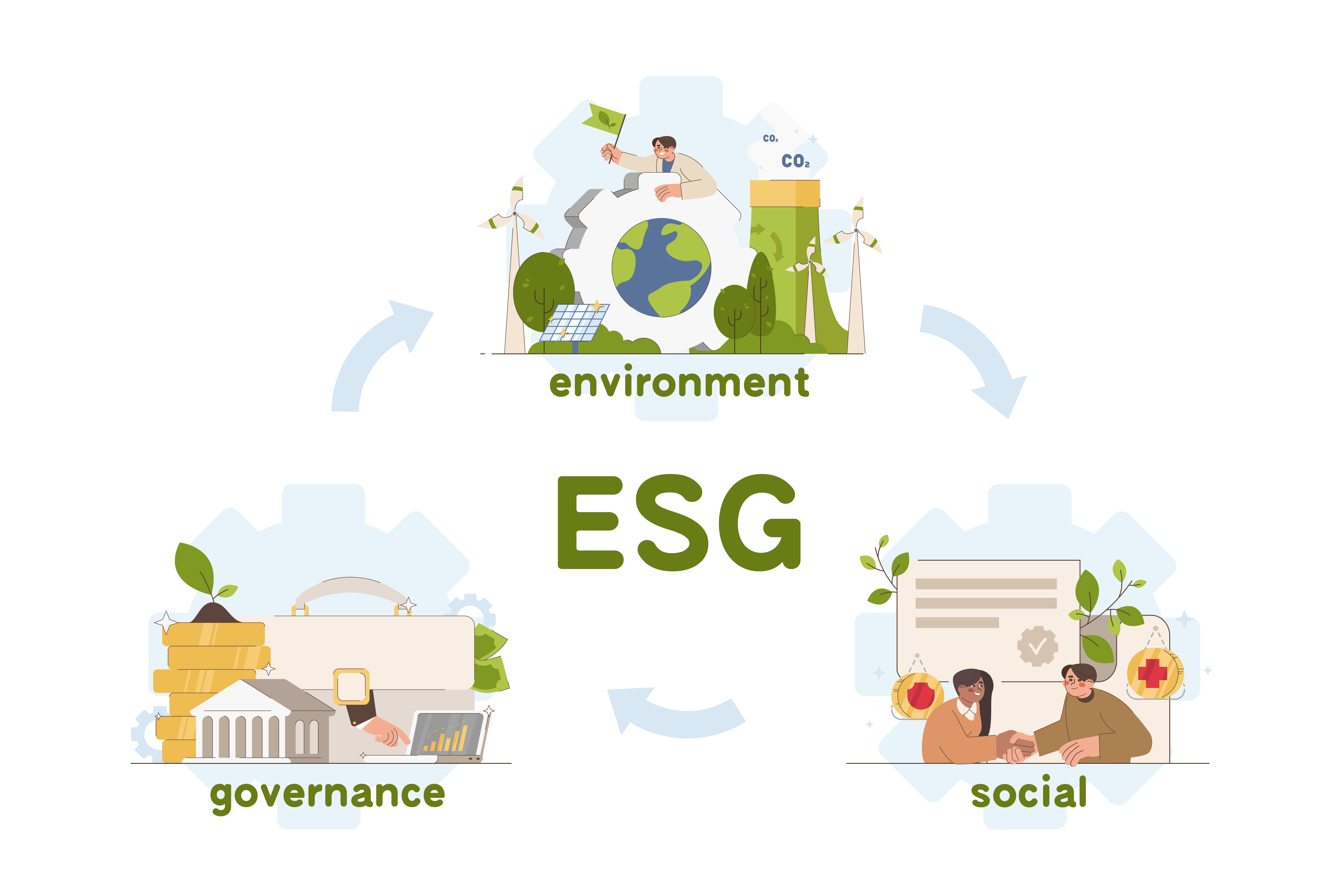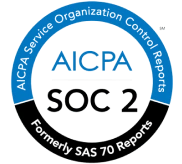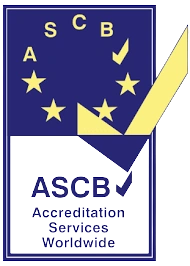Table of Content
Introduction
The focus on understanding what is ESG is not new for emerging organisations. This concept is none other than environmental, social and corporate governance. It sums up the ratio or rate to scale of how responsible companies are toward the already sensitive environment.
It is an interesting ratio for investors to look for environmentally-friendly companies. However, thinking of the ESG factor from a human resource perspective is something that we must dive deep into.
You might wonder why to do that, especially? First of all, we are always on the lookout for making an HR leader or HR manager’s life easier, smoother, and streamlined at the workplace.
Next, implementing smarter workflow solutions will immensely help HR leaders improve the ESG spent and ratio.
So, let’s explore everything we can at the moment about ESG and why HR leaders must be the ones to care about it in the post ahead.
Want to skip the post?
Schedule a FREE consultation call.

Brief on What is ESG
The concept of ESG can be divided into 3 broad categories:
-
Environmental -
Checking how much the company is impacting the environment or the planet in terms of waste management, using renewable and non-renewable resources, carbon footprint and emissions, etc.
-
Social -
The social category checks how strong is the company’s impact on its community inside and outside of the workplace. It checks how much the company is promoting the DEIB factor in its processes from hire to retire.
Also, the social impact is more when the company is often indulging in volunteering work to spread social awareness and boost a certain community.
-
Governance -
Corporate governance focuses on how a company updates, maintains, and audits its processes and compliance. It entails all information on profit sharing of the directors, promoters, and investors of the firm.
The governance also demands and requires the proper trail of all the board meetings, remuneration given to the shareholders, frequent interactions with the shareholders, and much more.
In short, ESG is the factor that helps companies to draw more investors and come across as a socially responsible company on all fronts.
Concerns like climate change, inclusion, diversity, elimination of carbon footprints, etc., are always highlighted first so that investors can trust the process for a firm and its growth trajectory.
A favourable ESG score also opens up opportunities for the organisation to expand in different markets and get listed on the stock exchanges later on.
Why must an HR care for ESG?
We understand above what is ESG and how it helps bring in business, profits, and opportunities for the management or board of directors. It’s the best way to set a company’s growth in motion.
However, we now have an interesting perspective to unleash when we think about ESG from a human resource leader’s lens.
A human resource manager or leader is concerned about how the workplace culture is reforming and taking shape. They want to evolve the interactions between employees and the management and create a liaison for shared success.
They are always on the lookout for fair practices across the organisation when it comes to giving everyone equal pay, recognition, and opportunities.
So, we know that HR leaders are always trying to “make things right” in the organisation. They develop foresight and become strategic in nature for the ultimate growth of the entire business unit. For that, they also leverage smart and automated workflow and people management solutions like uKnowva HRMS.
So, let’s club the core factors of ESG and HR. Then, see how these two pillars intertwine in a holistic way for an organisation to make it big.
Issues that HR focuses on in the context of ESG:
-
Diversity, inclusion, and equity
HR focuses on promoting more diverse, inclusive, and equitable practices in the organisation from hire to retire. They need to encourage such practices so they can work with the best people and talent available in the market.
If that means hiring from another state, city, or country, it should be seamless instead of being a barrier to acquiring that talent. In the context of ESG, HR worries about their talent quality. They need to keep improving it.
By promoting the DEIB factor, they can beat the competition and bring in the right fit for the constantly evolving job roles.
-
Conflict and grievance management
Organisations often face issues like #metoo, bullying, discrimination, lack of performance, whistleblowing, voices getting unheard and more.
There needs to be a committee and vigilance when such problems occur. Often, these problems occur in growing organisations when people have different backgrounds and life experiences.
One experience can be good or bad to two different individuals at work. Thus, there needs to be certain norms, vigilance, and policies that every individual has to adhere to be culture fit for the organisation.
That is why POSH training sessions, employee handbooks, suggestion boxes for anonymous suggestions, and grievance management modules are installed in a workplace solution or platform.
-
Purposeful and process-oriented hiring
We are living in an era where at least 4-5 generations are working together. Each generation has experienced and continues to do so differently in terms of the taste of work-life trajectory. In fact, each one of those has different expectations and aspirations from work life when they are hired.
Now, working with 4-5 different generations is very difficult and challenging. HR needs to bring everyone on the same page to work toward the common goal of the entire business unit.
Thus, the hiring has to be process-oriented and purpose to eliminate any kind of bias, miscalculation, favouritism, prejudice etc.
With AI Suggest and CV Parser tools at uKnowva, HR leaders can focus on hiring only the best of the best. They generate interview questions, skill sets to test, and job roles to define in seconds with our tool.
Talent acquisition experts can then focus on how many to hire, how to hire, and how often to hire. They would not focus on which gender, race, class, or orientation to hire. This brings more harmony in the range of talent you acquire to build a cohesive and collaborative workplace.
In fact, with CV Parser, you can filter out the resumes you get from the candidate pool to acquire only the best-fit talent based on their skills and knowledge.
-
Well-being of employees is a priority
HRs should care for ESG more often because the concept also focuses on promoting well-being of all the staff members. The ESG factor does not discriminate.
You may work with hundreds of workers and people in a growing organisation. The factor still focuses on streamlining the well-being initiatives and implementing those to achieve the greater good of all.
HR leaders who are people managers also focus on the same ideology. They make the well-being of their employed staff a priority.
With tools like a happiness meter and insights from Nasch, you get live results on who is happy, sad, tired, engaging often, or slacking behind. Invest in these data-driven decisions when you have uKnowva at your fingertips.
-
Hybrid working environment
Hiring from anywhere in the world is now possible. It makes the transition from one place to another less hectic and more sustainable. Now, employees can literally work from home, stations, cars, beaches, hotels, airports, etc.
There is no limit to that as long as the employee is able to pull off their tasks of the day. That means employees are able to craft their work life around their personal commitments and not the other way around.
At the same time, it means there will be less travelling involved and more work done. Employees end up wasting less time and focus on experiencing a quality of life.
That is what is the agenda of the ESG at a greater length. The same is the focus of HR leaders who want to give the best of the best tools to their employees, like uKnowva, to streamline their working hours, even when working from remote locations.
Also, add-ons like contract management enable and empower employers to hire more gig workers, wage workers, or freelancers. The software we provide can also be multilingual. It removes the barriers between different workers and employers.
-
Adopting paperless solutions
One of the main concerns for ESG is to put less burden on the environment. That includes going paperless with the workflows and daily HR transactions. By adopting smarter workflow management apps and software like uKnowva, HR leaders are now able to execute this consistently.
They can ditch the paperwork or heavy Excel workbooks. They easily store the data on the server and manage daily transactions with smart and automated reminders to the concerned person.
Conclusion
The blog copy above educates you on what is ESG and how HR leaders of modern organisations should deal with it. In the broader sense, we talked about why HR leaders must even think of ESG as an important factor to implement and improve in their processes.
So, we hope the notion of ESG to implement on an ongoing basis is clear to you as an HR manager or specialist. If you’re ready to dive deeper into the implications of ESG and HR, invest in smarter solutions for workplace management today. That means it’s time for you to do uKnowva.
FAQs on What is ESG?
What are the benefits of integrating ESG into business strategy?
The benefits include improved financial performance, enhanced risk management, increased stakeholder trust and engagement, competitive advantage, attracting and retaining talent, and contributing to a more sustainable and equitable society.
How can companies improve their ESG performance?
Companies can improve their ESG performance by setting clear ESG goals and targets, implementing sustainable practices and policies, engaging with stakeholders, investing in ESG training and education, and continuously monitoring and reporting on their ESG performance.
How is ESG related to corporate sustainability and responsible investing?
ESG is closely related to corporate sustainability as it focuses on the long-term sustainability of businesses, society, and the environment. It is also a key consideration for responsible investing, where investors integrate ESG factors into their investment decisions.












